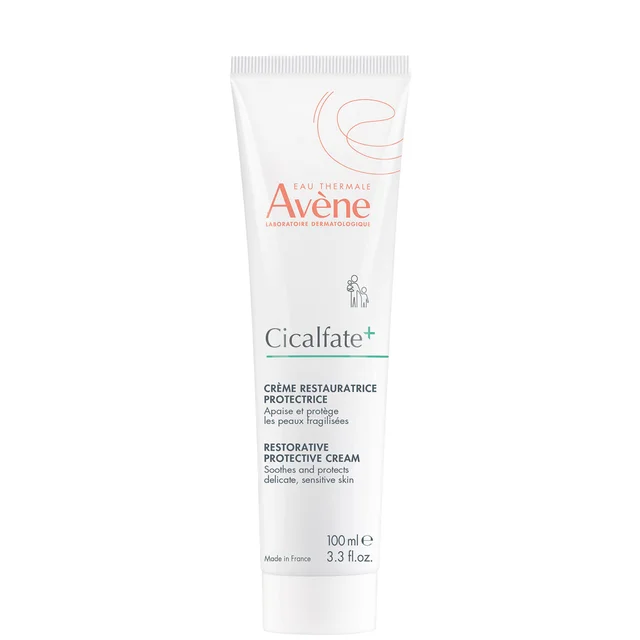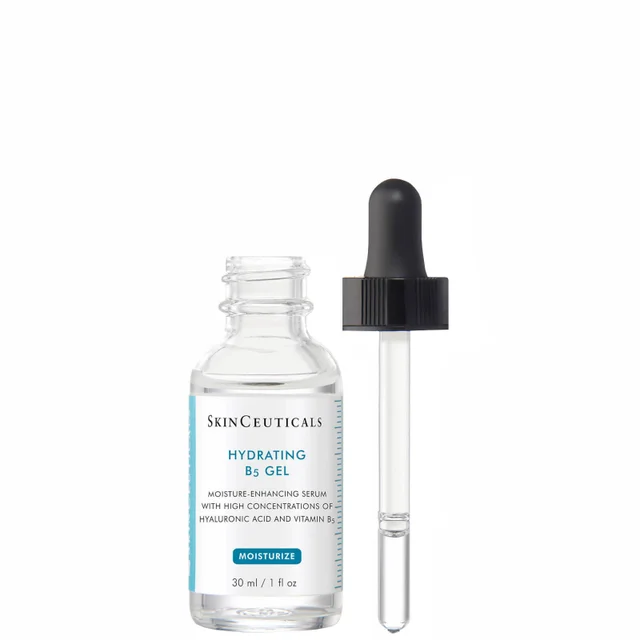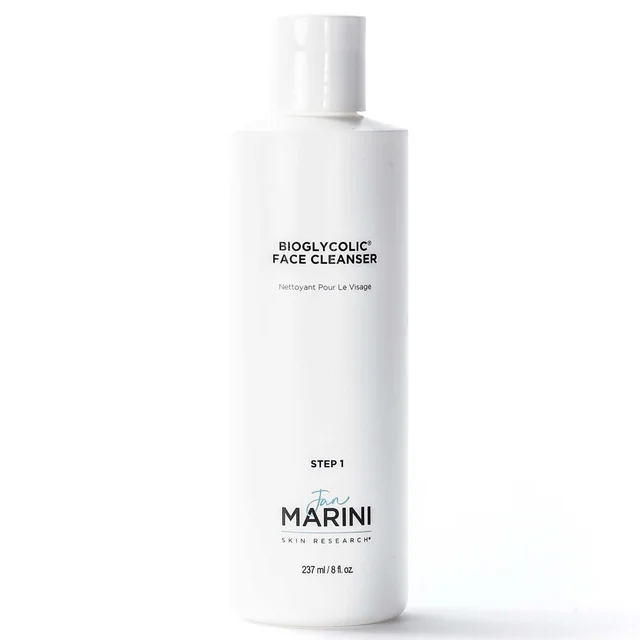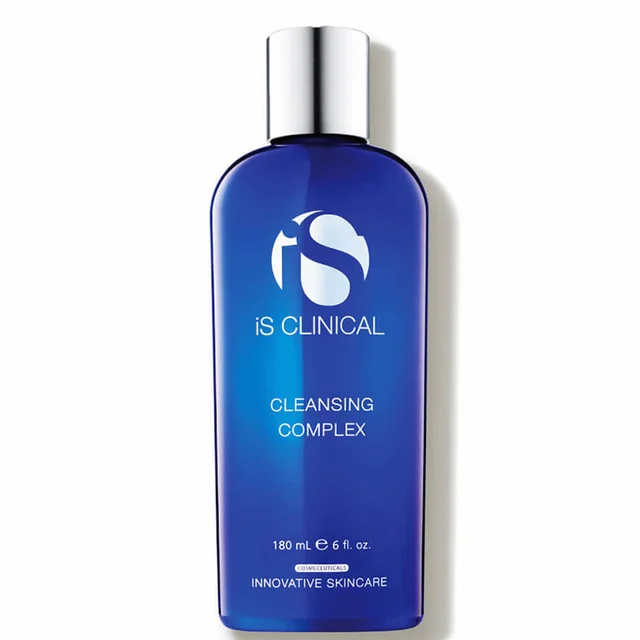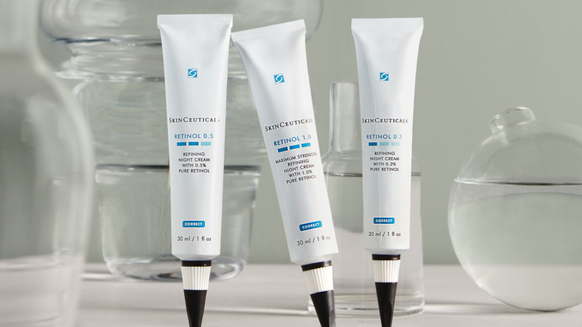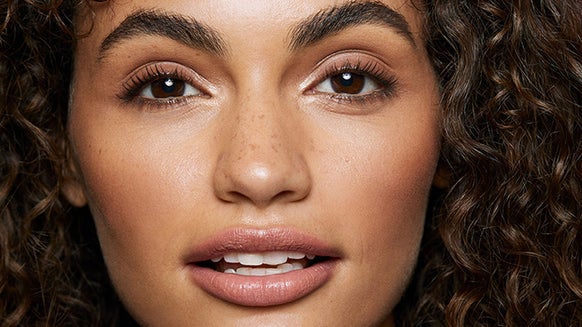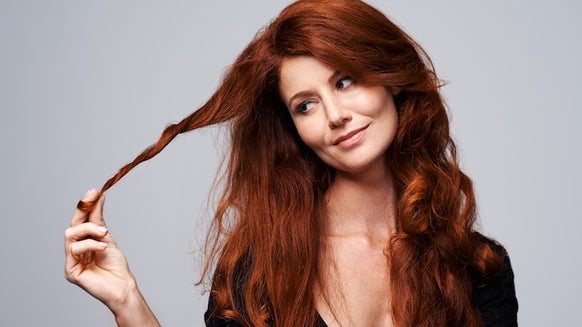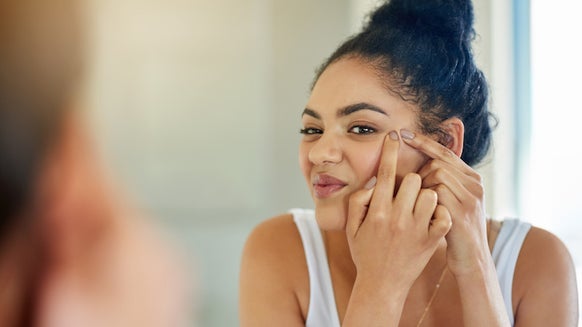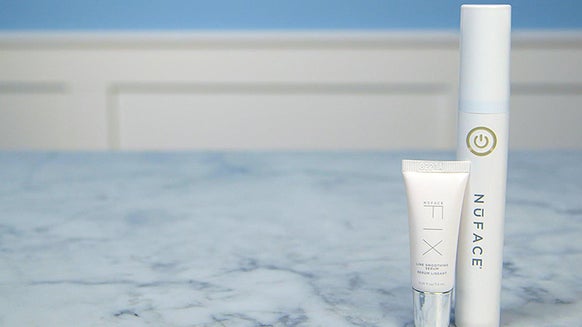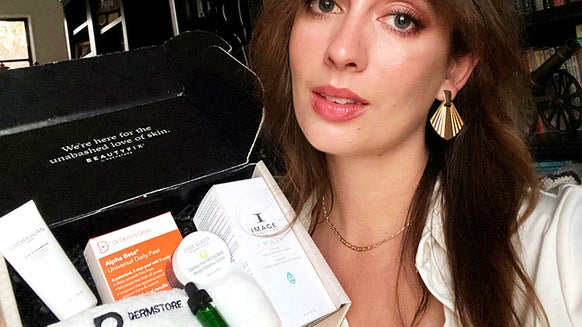Opening up a brand-spanking-new bag of beauty goodies feels like a chance to celebrate your birthday whenever you want. From testing the texture and taking a whiff to see if it tickles your nose to watching your skin transform, there’s a reason why shopping for skin care and makeup is, well, super fun. The only downside to changing your skin regimen is that your face might not always demonstrate the outcome that you’d hoped for. (Especially if you have sensitive, finicky skin, then you know how it feels to try a trendy-sounding moisturizer and suddenly find yourself completely broken out.)To guide you through your new skin care journey, we spoke with dermatologist Dr. Tsippora Shainhouse M.D., FAAD to get her best tips on what to expect when trying out a new daily skin care routine.
1. There's a difference between normal skin reaction and allergic reaction.According to Dr. Shainhouse, whether your skin is happy with the new concoction or not, you’re bound to notice a reaction, which can range from mild stinging, burning and itching to red rashes, skin swelling and blisters. “It can be an expected irritation reaction—like the mild stinging from an acid toner or the peeling and redness from using a topical retinoid,” Shainhouse says.An actual allergic reaction, in contrast, could be painful and long-lived, instead of a mild bout of side effects. If you’re ever concerned, stop using the product immediately and call your dermatologist ASAP. “If a product stings your skin, wash it off. Beauty does not equal pain in this case. You can try the product again in a few days, and see if your skin can tolerate it,” Shainhouse says.2. Give your skin time to ease into your new regimen.When starting out a new product or regimen, Dr. Shainhouse says to pay close attention to how your skin is talking back to you. Check for dry skin, flaking, redness and of course, acne. “If your skin becomes dry, red and irritated from a product, and this can be an expected result from certain products like acne creams and topical retinoids. Reduce the frequency of use: Start one to three times a week. Give your skin a few days between applications to get used to it,” Dr. Shainhouse says.
3. Most active ingredients take at least 2 months to show results.So, you have a first date that doesn’t rock your socks, but you enjoy the texting afterward, so you agree to meet for drinks again. Just like you might give a potential match another chance, the same mantra and attitude apply to the products you’re trying on for size. The only difference? Dr. Shainhouse says patience is key: “Most skin care products with active ingredients can take about two months to show efficacy. These include topical antioxidants, retinoids and pigment-fading creams,” she says. 4. In some cases, tingling doesn't mean it's working.While Dr. Shainhouse did mention that beauty doesn’t always mean pain, a bit of tingling can actually be a happy indicator that your skin is responding well. In fact, if you check the labels for some of your face masks or topical creams, then you’ll see a warning about those subtly-stinging side effects. “Tingling means that it is working when that is the goal. For instance, acid and chemical skin peels do sting, and the expected result is immediate inflammation and then, skin peeling. Topical retinoids are meant to create mild inflammation in the skin and exfoliate skin and encourage new collagen growth,” Dr. Shainhouse explains. “However, there is a fine balance, and, generally speaking, skin care and beauty products should not cause irritation and stinging. Irritation in the skin can break down collagen and actually accelerate skin aging.” 5. Know when to call it quits.Consider the areas on your face where you’re putting your new skin care regimen. If any of those spots, from your eyes to your cheeks, start to feel uncomfortable and out of whack, it’s time to pack up shop and speak with your dermatologist. "If you have an allergic reaction, such as eyelid, lip swelling or hives, stop using it. If a product tends to make you sun-sensitive, take a break and stop using it before and during sunny vacations, when you might be more prone to sunburn,” Dr. Shainhouse says. “If the redness, burning, swelling persists or occurs each time you use a product, stop using it. See your dermatologist to determine if you're allergic to one of the ingredients. If your adverse skin reaction doesn’t improve a few days after discontinuing the product and you can’t manage it with over-the-counter skin-calming options, see your dermatologist.” 
